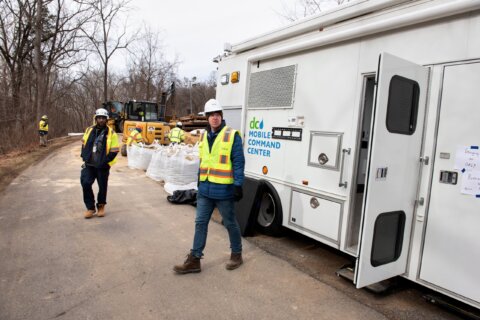Epilepsy, a broad term used for a disorder that causes seizures, can often be misunderstood, which is why a D.C. mother said she is working with local lawmakers in an effort to increase awareness in schools.
Mollie Ellis, who has an 8-year-old daughter with epilepsy in the D.C. public school system, said she has endured disturbing situations involving nurses and school employees who have no idea how to handle her daughter’s condition. In some cases, school nursing staff members have refused to give the girl her prescribed medication, Ellis said.
“We’re really on top of making sure the school has all the paperwork and proper medications as prescribed by her doctor,” Ellis said. “But we still have run into several times over the last three years when she was denied her medication.”
Some of the reasons for refusing to give the girl her medication have included staff members not understanding epilepsy, or not being fully comfortable giving children such medication, according to Ellis.
In March of this year, however, one situation became serious.
“She was denied her medication and ended up having several seizures that were entirely preventable had she been given her medication,” Ellis said.
Ellis said she is working with D.C. Council members in an effort to get new regulations implemented across the city’s public school system.
Council member Charles Allen released a statement on social media, endorsing the idea.
“Living as a young person with epilepsy is a challenge, but one that we can make easier by making sure our kids have access to necessary care and medication in school,” Allen said.
Legislation supported by Ellis and Allen would require school personnel to complete “seizure recognition and first-aid response training,” and would ensure that medication prescribed by a doctor would be administered to a student who has epilepsy.
Ellis said that support is growing within the D.C. Council, and she hopes the legislation will be brought forward for a public hearing early next year.
“Our teachers need to know what to do in case of an emergency,” Ellis said. “They’re going to be the ones to deal with it, so they might as well be prepared for it.”








